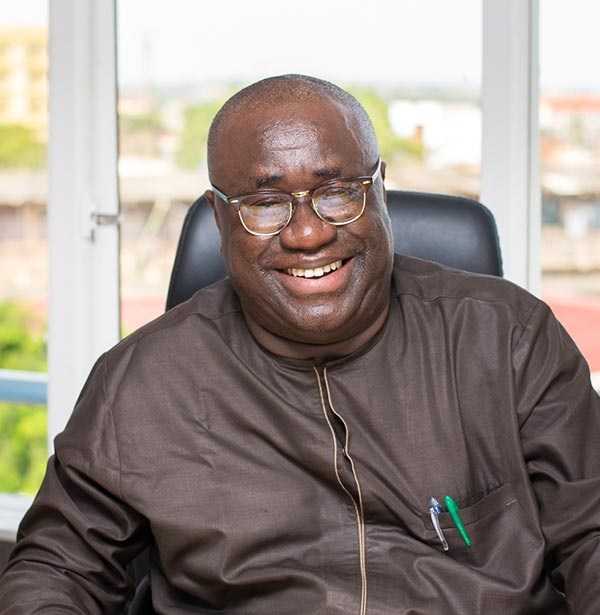Security analyst Professor Kwesi Aning has raised concerns that Ghana’s newly established anti-galamsey task force could suffer the same fate as previous operations if systemic corruption and political interference are not addressed.
The National Anti-Illegal Mining Operations Secretariat (NAIMOS) risks repeating the failures of earlier initiatives unless weak institutional structures are strengthened, Prof. Aning warned during an appearance on Joy FM’s Newsfile program. His comments come as NAIMOS intensifies operations across mining communities, raising questions about the sustainability of yet another anti-galamsey initiative.
The security expert emphasized the vulnerability of the approximately 400 personnel deployed under NAIMOS. He stressed the urgent need to protect these officers from the corrupt influences that undermined earlier operations such as Operation Vanguard and Operation Halt. Without robust protective systems, Prof. Aning cautioned, these uniformed officers could fall victim to the same temptations that derailed their predecessors.
Prof. Aning warned that NAIMOS must be insulated from political control and financial temptation, or the same destructive cycle will repeat itself. His stark assessment challenges the notion that simply deploying new task forces or rebranding anti-mining operations can address Ghana’s persistent illegal mining crisis.
The analyst argued that cosmetic changes offer no real solution if underlying problems remain unaddressed. New uniforms and different organizational names mean nothing when the fundamental interests driving corruption stay intact, he observed. This perspective suggests that superficial reforms have characterized Ghana’s approach to combating illegal mining for years.
Prof. Aning also highlighted the importance of establishing measurable outcomes to ensure transparency and genuine progress. He noted that deploying soldiers and enacting new legislation accomplish little if authorities cannot track results on a daily and monthly basis. Without clear metrics, he suggested, Ghana is merely pretending to fight illegal mining rather than confronting it seriously.
The security expert has also criticized Ghana’s approach to galamsey enforcement, arguing that authorities continue focusing on small-time miners while powerful financiers behind the operations remain untouched. This pattern, he argues, allows the real drivers of illegal mining to operate with impunity while low-level operators bear the brunt of enforcement actions.
The warnings come as NAIMOS has launched several high-profile operations across mining regions. Recent raids have targeted illegal mining sites in forest reserves, resulting in arrests and seizure of equipment. However, questions persist about whether these operations address the root causes of galamsey or merely displace activities to new locations.
Previous anti-galamsey task forces have struggled with allegations of corruption, with some personnel reportedly accepting bribes to allow illegal mining activities to continue. Operation Vanguard, launched in 2017, faced similar accusations before being wound down. Operation Halt, which followed, encountered comparable challenges that undermined its effectiveness.
The sustainability of NAIMOS depends partly on its ability to resist political pressure and maintain operational independence. Prof. Aning’s concerns reflect broader skepticism about whether this latest initiative possesses the institutional safeguards necessary to avoid repeating history.
Ghana’s illegal mining crisis continues devastating water bodies and forest reserves despite years of government interventions. The Pra, Offin, Birim, and other rivers remain heavily polluted, threatening water security for millions of Ghanaians. Environmental degradation from galamsey operations has reached alarming levels in some communities.
Civil society groups and organized labor have intensified pressure on government to take more decisive action against illegal mining. Some have threatened industrial action if authorities fail to demonstrate serious commitment to addressing the crisis. These mounting pressures create urgency for NAIMOS to prove itself more effective than previous efforts.
The challenge facing NAIMOS extends beyond operational tactics to fundamental questions of political will and institutional integrity. Prof. Aning’s critique suggests that without addressing systemic corruption and protecting enforcement personnel from compromising influences, Ghana’s galamsey problem will persist regardless of how many task forces are deployed.
As NAIMOS operations continue, observers will watch closely for signs that this initiative has learned from past failures. The true test lies not in the number of arrests or equipment seizures, but in whether the secretariat can maintain its integrity while delivering measurable improvements to Ghana’s ravaged mining communities.
Source: newsghana.com.gh










